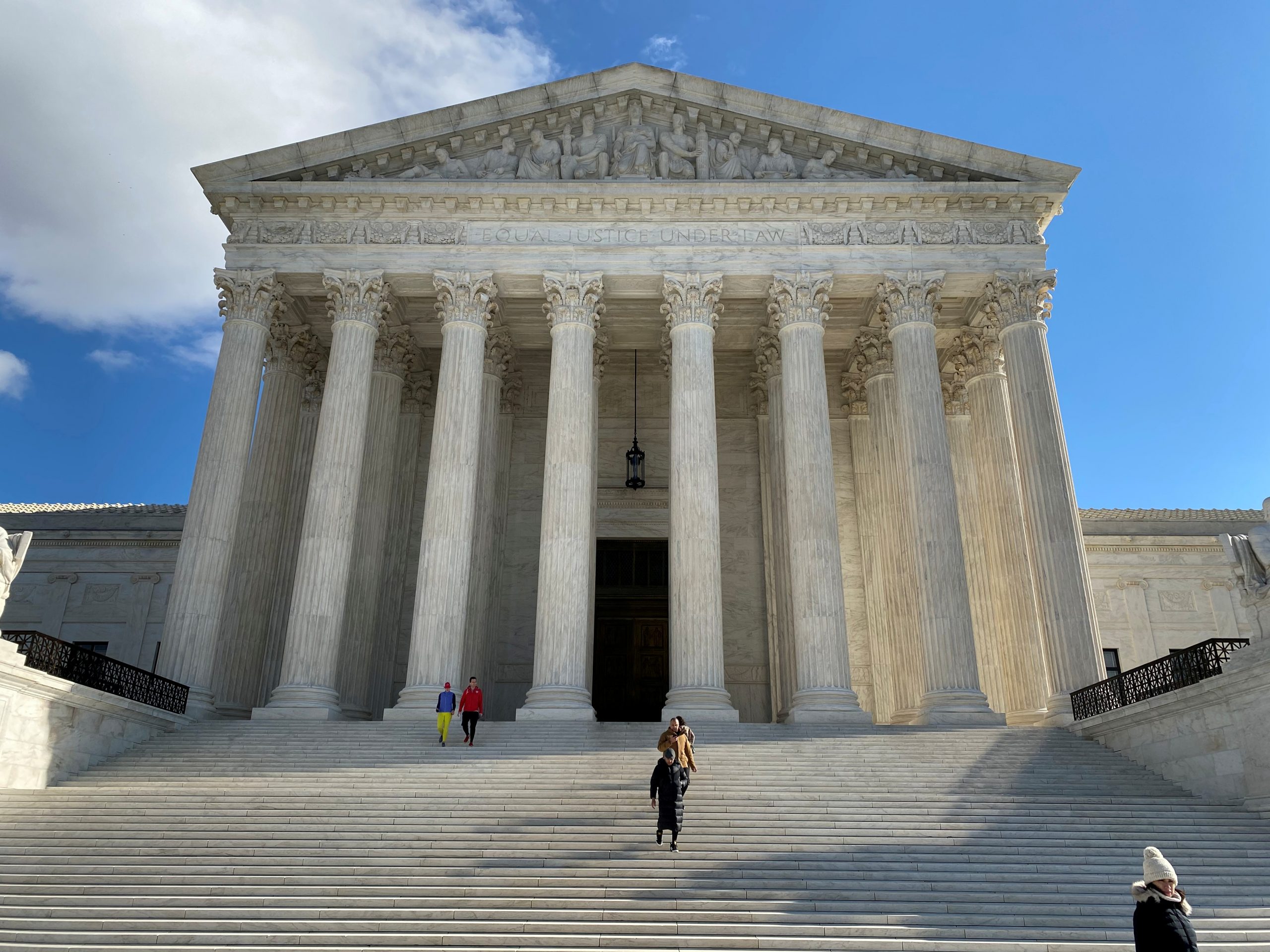The U.S. Supreme Court on Monday declined to hear a number of cases involving a legal defense called qualified immunity that can be used to shield government officials from lawsuits including police officers accused of excessive force.
The justices rejected the closely watched appeals in cases that had been pending before the court for months including a dispute over whether officers in Tennessee can be sued for using a dog on a man who says he had surrendered. Justice Clarence Thomas, in a dissent, said the court should have heard the case.
Though the justices rejected these cases, they could at some point act on other appeals involving qualified immunity that also are awaiting attention by the court.
The decision to reject the cases comes as a national spotlight is once again trained on police use of force after the death of a black man in Minneapolis named George Floyd who died after a white police officer knelt on his neck for nearly nine minutes in custody. Democrats and Republicans in Washington have been pulling together their own versions of police reform legislation.
The Supreme Court recognized qualified immunity 50 years ago to protect government officials from frivolous lawsuits. Police have said the doctrine ensures that they can make split-second decisions in dangerous situations without the hindrance of worrying about being sued later.
A growing chorus of ideologically diverse lawyers, scholars, civil rights groups and politicians has said the doctrine too often lets police brutality go unpunished. On the high court itself, Justice Sonia Sotomayor has frequently chided her fellow justices for what she described in one dissent as a “disturbing trend” of favoring police in qualified immunity cases.
The court’s decision to take up the appeal comes three weeks after Reuters published an investigation that revealed how qualified immunity, with the Supreme Court’s continual refinements, has made it easier for police officers to kill or injure civilians with impunity.
[For full coverage see: https://www.reuters.com/investigates/special-report/usa-police-immunity-scotus/]
The investigation found that based on Supreme Court guidance, police often escape liability even when a lower court determines they used excessive force in violation of the Fourth Amendment to the U.S. Constitution, so long as their specific conduct has not been “clearly established” in earlier cases as unconstitutional.
In an unprecedented analysis of hundreds of appeals in excessive force cases between 2005 and 2019, Reuters found an increasing tendency in the courts to grant qualified immunity.
(Reporting by Andrew Chung and Lawrence Hurley; Editing by Will Dunham)

























 Continue with Google
Continue with Google